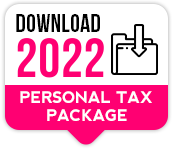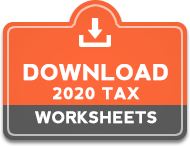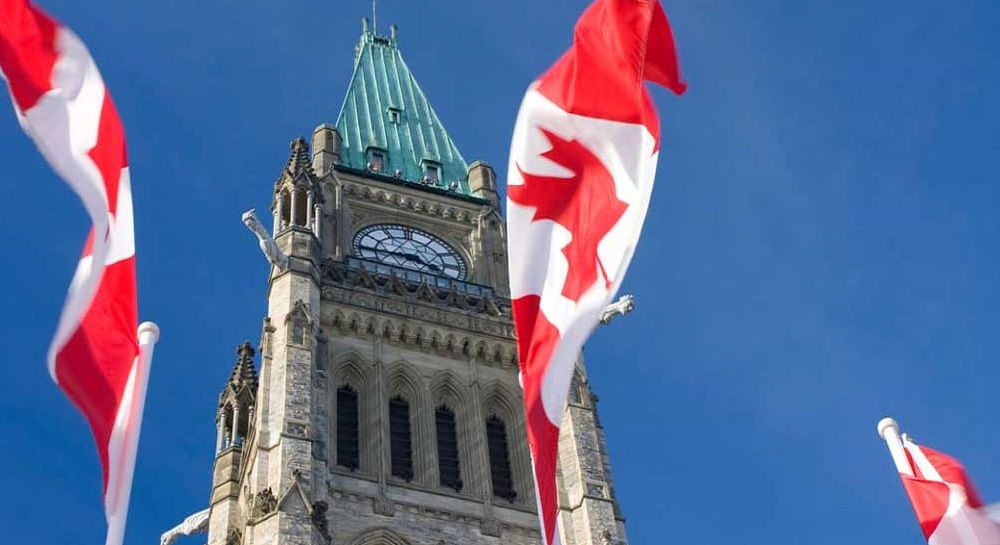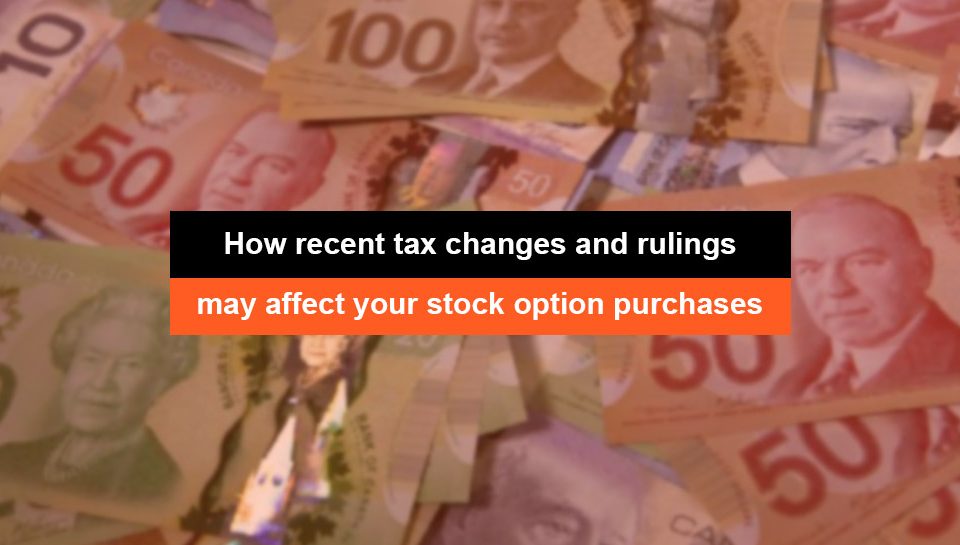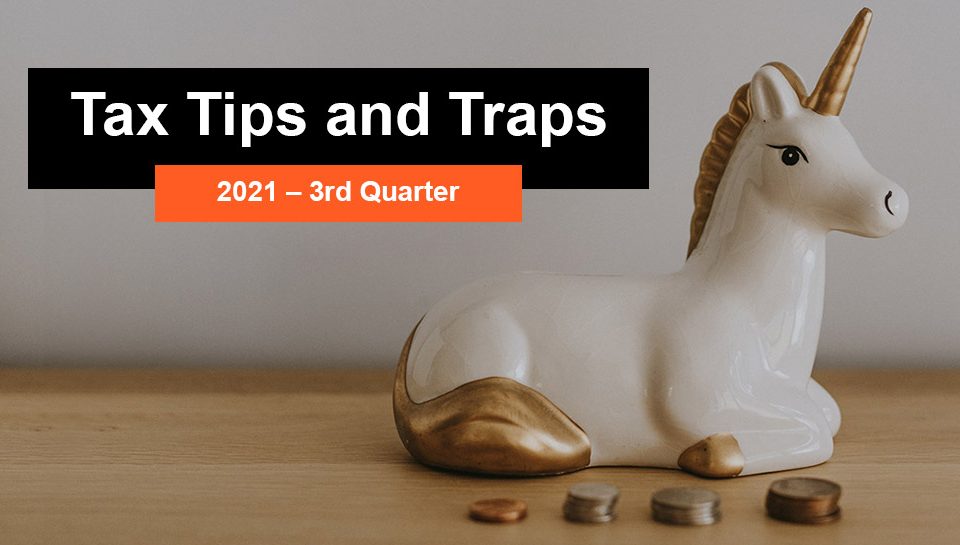
CRA extends work-from-home reimbursement to cover office equipment, not just computers
November 16, 2020
Pattie Lovett-Reid: Pandemic aid will need to be included when you file your taxes
January 15, 2021Employment Minister Carla Qualtrough said today she feels “bad” for Canadians who applied for the Canada Emergency Response Benefit thinking that they met the minimum income requirement, only to learn they might now have to repay thousands of dollars.
But while the minister told CBC News that “nothing is off the table,” the government is not considering letting everyone who applied in good faith off the hook, as the NDP and Green Party have suggested.
“There’s not a conversation happening right now where we would forgive people, where we would not require people who were not eligible to pay it back. No,” she said.
Communications could have been clearer, says minister
In recent weeks, some 441,000 Canadians have received “education letters” from the Canada Revenue Agency asking for more information to determine whether they met the income eligibility criteria for the CERB payments they received.
Many who face the prospect of repayment have argued the government has not been clear about how it defines “income.”
The CERB application asks Canadians to attest that they made “a minimum of $5,000 (before taxes) in the last 12 months, or in 2019 …”
Some self-employed Canadians say they believed that meant all income, since there was no mention of expenses. The CRA insists self-employment income always refers to “net, pre-tax income,” or gross income minus expenses.
For a self-employed person, those expenses could include the cost of materials needed to run their businesses or work-related cell phone bills.
The CRA has pointed to a Q&A page on Canada.ca that explains the income requirements; an agency spokesperson said those requirements have been in place “since the beginning” of the CERB program. But that page appears to have been launched about two weeks after applications opened.
Others point out that the Canada Emergency Response Benefit Act itself only refers to “total income.”
Qualtrough said the government did update some of its communications as questions came in, but there was no change in government policy. She points out that benefits such as the GST credit or Canada Child Benefit are based on the same definition of income.
“I had thought myself I had been pretty clear in my communications,” she said. “But obviously, if people misunderstood, that’s on us. It’s up to us to communicate these programs, as complex as they are.”
The minister said she hopes many Canadians who received letters from the CRA will ultimately find out they don’t have to repay. She said she feels bad for those who do.
‘We all feel bad’: Qualtrough
“Of course I feel bad. We all feel bad,” said Qualtrough, noting the CERB program in particular was designed to help those in “horribly difficult and uncertain circumstances” because of the pandemic.
She did suggest the government could find ways to lessen the financial sting of benefit clawbacks.
“As I said earlier, we haven’t made a decision on forgiveness. Certainly that isn’t — right now — the plan. But … there’s a lot of programs already in existence that maybe we can beef up to help Canadians forgive interest or repayment options. We’re really digging in.”
Unclear when debt collection could begin again
While the CRA letters advise those who owe money to repay it by Dec. 31, the agency said that’s for tax filing purposes and is not meant to be a repayment deadline.
Delaying repayment could inflate a taxpayer’s income in 2020 and affect entitlement to credits and benefits, warned Qualtrough.
The CRA hasn’t been collecting on new debts since the pandemic began. The agency has said it will resume collection activities “when it is responsible to do so.”
It’s too soon to say when that will be, said Qualtrough.
“We don’t actually know when we’re going to be at a point where it’s fair to do this,” she said, pointing to the ongoing uncertainty caused by the pandemic.
MP suggests tax filers could shift eligible expenses
At least one Liberal MP, Sean Casey, has told his constituents about a possible solution to that CERB income threshold.
He said he has been telling people to contact their tax filers to discuss amending their 2019 returns by shifting some eligible expenses to another tax year — or by simply not claiming them.
That could boost their declared net incomes and “retroactively make them eligible” for CERB, he told CBC News last week.
“I’ll let Mr. Casey speak for himself,” said Qualtrough when asked about the comments on Wednesday. “I certainly won’t be giving that advice to my constituents.”
She encouraged people to defer to the advice of tax experts.
“I don’t think it’s appropriate for me as the minister, especially, to give tax advice,” she said.
Article Resource:
Parliamentary Bureau
Catherine Cullen is a senior reporter covering politics and Parliament Hill in Ottawa.
